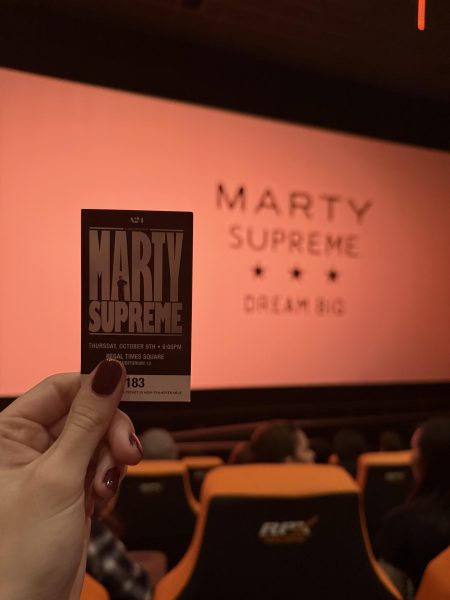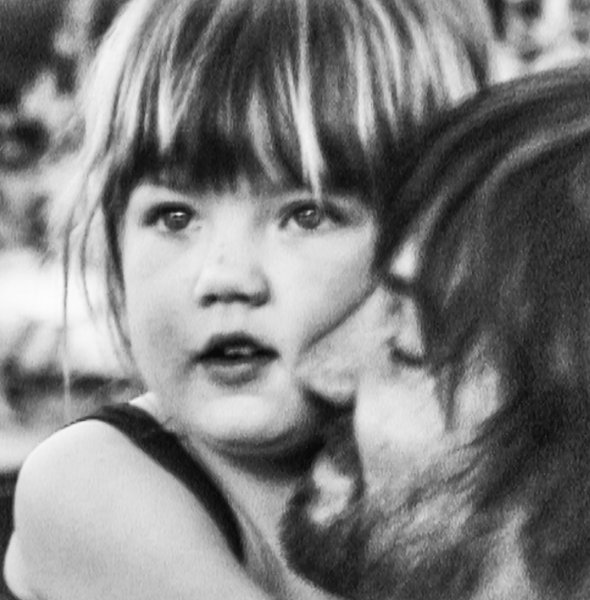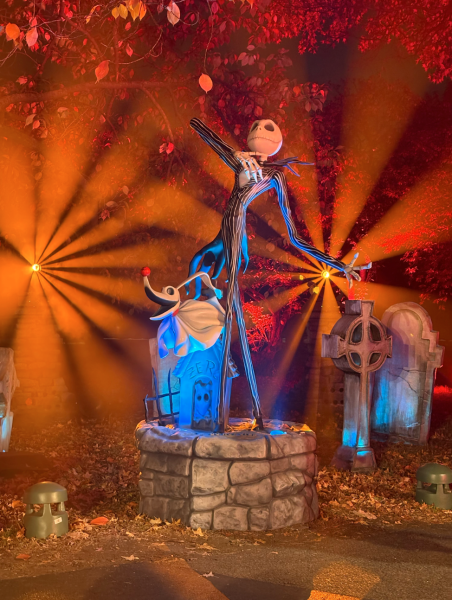Pop Smoke Strives for Longevity on “Meet The Woo 2”
For the last few months it has become nearly impossible to walk around Brooklyn without hearing Pop Smoke’s voice blaring over traffic. It makes sense, seeing as he is the latest rising artist from the region to declare himself “The King of NY.” He is the first incarnation of Brooklyn drill’s crossover into the mainstream, and with this visibility comes dilution. We have seen many music scenes evolve and morph into mainstream standards, and in some cases we have seen them lose the essence that made the music so entrancing. With “Meet The Woo 2,” Pop Smoke is dipping his toes into the area of mainstream appeal, and for better or for worse, it has worked.
Pop Smoke’s baritone raps are addicting. His ability to dominate any UK Drill beat is one of the many skills in his arsenal that make him the primetime star we see today.
Brooklyn drill is still in its developmental stages as artists try to determine the parameters of the genre. If you pay attention, Pop Smoke’s music is actually quite distinguishable from other artists from the scene, which is ironic as he is often accused of only producing one homogenous sound. What makes Pop Smoke so rare is his quick ascension into worldwide appeal, something we haven’t seen in other drill scenes.
Specifically, Chicago drill was highly reliant on platforms such as YouTube, and the object of that scene wasn’t exactly mainstream attention but rather a hyper-realistic lens into what was transpiring in the area.
What makes Brooklyn drill, and Pop Smoke, so thought provoking is the object of its existence. It’s not only made for New York, as it can be adapted and shifted for a worldwide audience.
This is a privilege that Chicago drill never got because of the capabilities of platforms at the time.
“Meet The Woo 2” capitalizes on the sound that has brought Pop Smoke the notoriety that he deserves, yet it does not offer a showing of evolution from him. He raps on a similar pack of beats from his main producer 808MeloBeats, which at some points can sound extremely formulaic. There is no doubt that Pop Smoke can create hits, but the question remains: can he produce much else?
Though this may sound illogical, when an artist only strives to make songs that are “hits,” their discography becomes diluted. The only expectations they are operating on are that of the majority, rather than that of the local fans that brought them to their current place. That being said, Pop Smoke still created a record that is undoubtedly catchy and has great replay value. That is the crucial aspect of critique; from afar it would seem that Pop Smoke took very few risks on the album, stayed with a consistent sound and produced something that objectively is not much different from his past work.
However, his ability to just create music that is hot cannot be understated, and that’s the crux of this album. There is something undeniable about Pop Smoke’s ability to create music that will have intense radio play and replay value. Yet, is this the formula to longevity?
The best aspects of the record are when it’s collaborators bring the best out of Pop Smoke. A prime example of this is Lil Tjay, another rising New York star. He gives Pop Smoke’s music the fun, upbeat center that some of his other records may be missing. Another key collaboration on this album comes from its production credits, with one crucial beat coming from UK drill’s hottest producer, Axl Beats on the song “She Got A Thing.” This song shows promise for Pop Smoke’s future, as it is an evolved version of his past work that provides a fresh outlook for his output.
Other collaborations do not bring much differentiation, like that from A Boogie Wit da Hoodie. The records involving other artists on the album are aesthetically pleasing, yet they could have been improved with more experimentation.
Overall, the album is a great step towards bringing Brooklyn drill to the mainstream, with Pop Smoke not weakening his art in comparison with past work.
My only concern is whether or not Brooklyn drill’s key artist will continue to be transformative and experimental. The genre must not become stale, or reach the same fate in other hyper-local music scenes that have found quick and unchecked mainstream attention.








































































































































































































